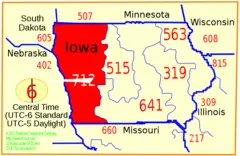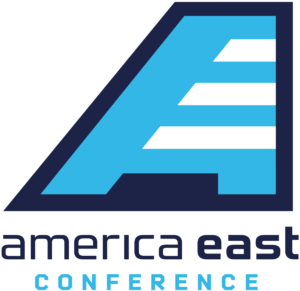

As of 2014, IPKall offered "free" Washington (state) numbers to voice over IP subscribers anywhere on the Internet, but chose to discontinue services after May 1, 2016.Įnd-users of traffic-pumped phone services often do not pay directly for the high fees collected by rural local carriers and service providers.
Area code 712 conference call free#
By 2008, the offer of a free Iowa number for inbound Internet voice and fax calls had also been withdrawn. Another,, operated under multiple names (FreeDigits, TalkDigits, OfficeDigits, FaxDigits, ClickDigits, and SIPnumber) to offer a "free US phone number" to receive "free inbound calls" and voicemail or "free fax service" with "unlimited incoming faxes" which would then be delivered outside the region via broadband Internet.īy 2007, the calls to China for the price of a call to rural Iowa were no more as AT&T disputed millions of dollars in calls. One such service, invited users to call a number in Iowa's area code 641 to reach a voice-over-Internet gateway from which calls could be made to China (country code +86) at no additional cost. In 2006, various startup companies began to offer voice over IP or Internet fax services which purported to be "free" the companies operated from Iowa or used Iowa local numbers. The numbers used for the service belong to a competitive local exchange carrier or independent telephone company and may be located in a rural numbering plan area in a sparsely-populated state, such as area code 218 in northern Minnesota or area code 712 in western Iowa. A sudden increase in inbound calling volume at about the same time as a telephone company leaves the NECA pool therefore can represent profitable two years for that firm. After two years the carrier either rejoins the NECA pool, provides evidence to support continuing to charge the high rural rate or reduces rates to a level that can be supported. For the first two years, they may bill interexchange carriers directly at an initially-high rural rate of five to thirteen cents per minute. Individual telcos are free to opt out of this process. Payment for inbound long-distance calls to small rural telephone companies is normally handled through a shared pool, the National Exchange Carrier Association ("NECA"). As a result of this arrangement, the rural carriers can receive millions of dollars of fees which they share with the service providers. Notably these service providers do not need to establish a physical, local presence for routing these calls. These services typically include phone sex and conference call providers, which expect a high volume of incoming calls. Increasing the incoming call volume to those rural areas, and thereby their earnings from fees, rural carriers partner with certain telephone service providers to route their calls through the rural carrier.

The FCC permits rural carriers to charge substantially higher access fees than carriers in urban areas, based on the rationale that they must pay for substantial fixed infrastructure costs while handling lower call volume. Under the regulatory mechanisms of the Telecommunications Act of 1996, wireless, and long-distance carriers including AT&T, Sprint, T-Mobile US, and Verizon, pay access fees to local exchange carriers (LECs) for calls to those carriers' subscribers. Traffic pumping, also known as access stimulation, is a controversial practice by which some local exchange telephone carriers in rural areas of the United States inflate the volume of incoming calls to their networks, and profit from the greatly increased intercarrier compensation fees to which they are entitled by the Telecommunications Act of 1996.


 0 kommentar(er)
0 kommentar(er)
